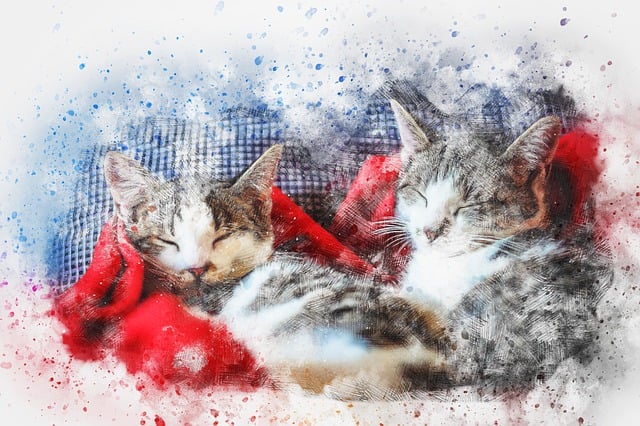
Publicado dia 09/04/2025
punishment roulette 🎬 Punishment Roulette: The Daring Game of Consequences

punishment roulette, 09/04/2025
Olá, amigos! Hoje organizamos um conteúdo especial sobre punishment roulette e punishment roulette para compartilhar com vocês. Espero esclarecer suas dúvidas. Vamos começar!
In a world where adrenaline junkies seek the next big thrill, a disturbing trend has emerged: punishment roulette—a daring game where consequences are drawn like a lottery. Picture this: a buzzing circle of friends, laughter filling the air, a spinning wheel at the center, and whatever fate lands on could mean either a laughable task or an embarrassing consequence. But what happens when the stakes get too high, and the line between fun and harm begins to blur?
At first glance, punishment roulette seems to be just another party game, a spontaneity-filled activity designed to break the ice or create unforgettable moments. Excitement dances in the air as players take turns spinning the wheel, eagerly awaiting their fate. Each slice of the wheel holds a range of outcomes—from benign tasks like doing the cha-cha for a minute to more sinister penalties, such as taking a cold shower or, in some extreme cases, facing social humiliation live on social media. What began as wholesome fun is evolving into a method where level-headedness takes a back seat to sheer thrill.
While some may argue that it's all in good spirits, we should dig deeper into the psychological and sociological implications of these games. After all, every spin is not just a test of luck but a reflection of our cultural obsession with consequence and performance. What motivates players to submit themselves to potential disgrace? A desire for risk? The need for acceptance in a group? Or the piercing question—what lengths will one go to for a moment of laughter or a chance to dominate the social hierarchy of their friend circle?
The fusion of technology with social gaming dynamics adds another layer to this phenomenon. Gadgets that connect to phones, enable live streaming, or involve instant voting from an audience expand the possibilities of punishment roulette. A simple party game can spiral into an online spectacle, where the pressure to entertain under the watchful gaze of thousands makes even the shyest individual step out of their comfort zone. Suddenly, one’s social media persona becomes the ultimate judge, dishing out likes or ridicule based on personal dares.
Moreover, the wheel of misfortune spins heavier for some than others. The normalization of humiliation has grave consequences, extending beyond the four walls of a party. Mental health professionals are increasingly alarmed by how certain outcomes—such as public shaming or forced participation in degrading tasks—can lead to long-lasting self-esteem issues, anxiety, or even depression. When does fun turn into a psychological game of roulette, where each spin might unlock dark corridors of memory that are better left alone?
Cultural differences further complicate the landscape of punishment roulette. In certain circles, this kind of exuberant sharing of public embarrassment may appear harmless, while in others, it could signify a toxic undercurrent, rooted in social hierarchies that allow certain individuals to capitalize on an innocent game for their amusement. Understanding these cultural nuances is critical to appreciating why some communities have embraced the trend while others shun it vehemently.punishment roulette

As bystanders and spectators witness punishment roulette in action, they may find themselves grappling with their own moral compass. The allure of making a seemingly harmless choice shifts dramatically depending on individual motives and perspectives. Those watching feel a thrill as the stakes rise, an unsettling mix of entertainment entwined with a whisper of concern. What is the threshold of acceptability in a game built on the foundation of personal choice versus peer pressure?
Esse ponto é crucial para nossa discussão, pois nos ajuda a aprofundar o entendimento sobre punishment roulette.
Scientific studies highlight the intricate connections between social behavior, risk-taking, and conformity. In navigating these complexities, researchers express the importance of fostering environments where mutual respect reigns supreme and dreaded consequences become laughable stories, rather than traumatic experiences. Education around healthy social interactions is paramount, as is the need for stronger campaigns promoting kindness over cruelty.punishment roulette

Ultimately, punishment roulette forces us to confront our own values about fun, friendship, and boundaries. Are we playing with fire, igniting the flames of harassment in the name of entertainment? Or can we reshape the narrative into a celebration of camaraderie, where laughter binds rather than bruises? In the end, it may not be the wheel that determines our fate, but our collective awareness and responsibility to create a safe, enjoyable atmosphere—both in real life and in the fray of ever-evolving digital landscapes.punishment roulette
As the game continues spinning and evolving beyond traditional confines, one must remember: while the thrill of the unknown may tantalize an eager crowd, hope remains that the laughter shared from such experiences is one that elevates and empowers everyone involved. With every exciting twist, we should unveil the true essence of fun—laughter intertwined with respect—for that, perhaps, is the ultimate prize.
O conteúdo sobre punishment roulette e punishment roulette terminou, esperamos que tenha sido útil!